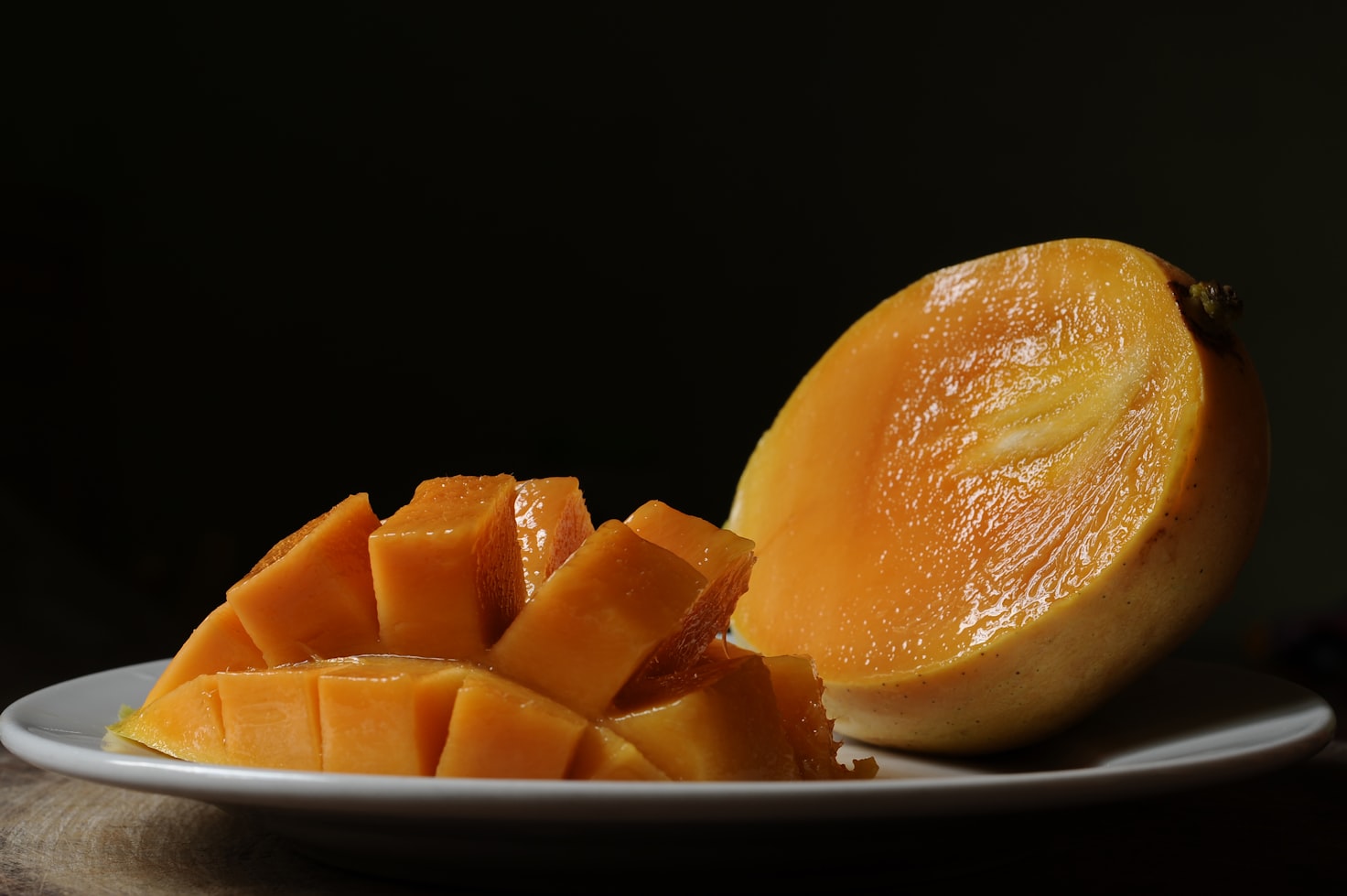15 Fun and Surprising Facts About Mango

Mango is a delicious and nutritious tropical fruit that has been enjoyed for centuries. It is not only tasty but also packed with essential nutrients such as vitamin C, vitamin A, and dietary fiber. In addition to its health benefits, mango also has some interesting and fun facts that you might not know about.

In this article, we will explore 20 fun and surprising facts about mango, from its history and cultivation to its cultural significance and more.
Mango originated in South Asia
The mango fruit is believed to have originated in South Asia, specifically in the northeastern part of India and Myanmar. This region is also known as the Indo-Burma biodiversity hotspot.
There are hundreds of mango varieties
There are over 400 mango varieties, each with a unique flavor, texture, and color. Some of the most popular varieties include Alphonso, Tommy Atkins, and Ataulfo.
Mango is high in vitamin C
Mango is a good source of vitamin C, an essential nutrient that acts as an antioxidant and helps support a healthy immune system. A 165-gram serving of mango can provide up to 67% of the daily recommended intake of vitamin C.
Mango is used in traditional medicine
Mango has been used in traditional medicine to treat a variety of ailments, including diarrhea, dysentery, and constipation. It is also believed to have anti-inflammatory properties and may help lower cholesterol levels.
Mango is a natural skin cleanser
Mango contains enzymes that help unclog pores and clear up skin. It can be used as a natural exfoliant to remove dead skin cells and improve skin texture.
Mango is featured in many works of art and literature
Mango has been a popular subject in art and literature for centuries. It has been referenced in ancient Indian texts, such as the Ramayana and the Mahabharata, and has been depicted in paintings by famous artists such as Frida Kahlo and Henri Matisse.
The mango industry is a major contributor to many economies
The mango industry is an important source of income for many countries, particularly in South Asia and Latin America. India is the world’s largest producer of mangoes, followed by China and Thailand. The global mango market was valued at $14.6 billion in 2020.
Mango has a unique flavor profile
Mango has a distinct sweet and tropical flavor, with notes of peach, pineapple, and citrus. The flavor can vary depending on the variety and the ripeness of the fruit.
Mango is considered a symbol of love in some cultures
In Hindu mythology, the god of love, Kamadeva, is said to have used a mango flower as an arrow to strike Shiva, the god of destruction. This has led to the mango being associated with love and romance in some Indian cultures.
Mango leaves have medicinal properties
Mango leaves contain compounds that have been shown to have antioxidant, anti-inflammatory, and antibacterial properties. They have been used in traditional medicine to treat diabetes, asthma, and other ailments.
Mango is used in many cuisines around the world
Mango is a popular ingredient in many cuisines around the world, from sweet desserts to savory dishes. It is used in traditional dishes such as mango lassi in India, mango sticky rice in Thailand, and aam panna in Pakistan.
Mango is associated with Hinduism and Buddhism
Mango is a sacred fruit in Hinduism and Buddhism and is often used in religious ceremonies. It is believed to symbolize life and fertility, and is associated with the god of love in Hindu mythology.
Mango is the national fruit of India, Pakistan, and the Philippines
In India, the mango has been the national fruit since 1950, while Pakistan declared it as its national fruit in 2017. The Philippines also recognizes the mango as its national fruit.
Mangoes were once considered a luxury item
Mangoes were once considered a luxury item and were only available to the wealthy. In the 16th century, the Portuguese introduced mangoes to Europe, where they were often given as gifts to royalty.
The mango industry is a major contributor to many economies
Mangoes are grown in many countries around the world, and the industry is a significant contributor to the economies of these regions. In India, for example, the mango industry provides employment opportunities for millions of people and generates billions of dollars in revenue each year.
In conclusion, mango is not only a delicious fruit but also a fascinating one. From its origins in South Asia to its cultural significance and health benefits, there is much to learn and appreciate about this tropical fruit. Whether you eat it fresh, dried, or in a smoothie, mango is sure to add a touch of sweetness to your day.





